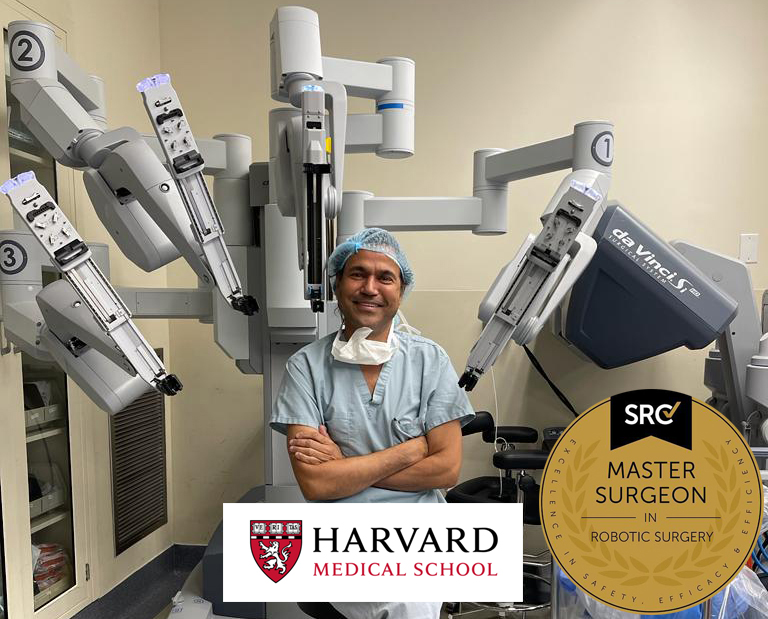Endometriosis Blood in Stool
Endometriosis involving the gastrointestinal tract can lead to symptoms such as blood in the stool.
Rectal endometriosis is a form of endometriosis in which endometrial tissue grows and forms lesions in or on the rectum, often leading to symptoms such as rectal pain, bleeding during bowel movements, and changes in bowel habits. Diagnosis and management of rectal endometriosis typically require a combination of medical evaluation, imaging studies, and, in some cases, surgical intervention to alleviate symptoms and improve the patient’s quality of life.
Is blood in the stool an Endometriosis symptom?
Blood in the stool, while less common, can be a symptom of endometriosis when this condition affects the gastrointestinal tract. Endometriosis can lead to the development of endometrial tissue implants or lesions on or within the rectum and colon, potentially causing rectal bleeding. This bleeding is often more pronounced during menstruation when the endometrial tissue becomes more active. Additionally, endometriosis-related inflammation and scarring in the bowel can result in gastrointestinal symptoms such as abdominal pain, bloating, changes in bowel habits, and discomfort during bowel movements. It’s crucial to note that blood in the stool and gastrointestinal symptoms can also be indicative of other medical conditions, so seeking prompt medical evaluation and diagnosis is essential to determine the underlying cause and appropriate treatment.
If you experience blood in your stool, persistent gastrointestinal symptoms, or any concerning changes in bowel habits, it’s essential to consult a healthcare provider for a comprehensive assessment. They can perform the necessary tests and examinations to identify the cause of your symptoms and provide you with appropriate treatment and management options tailored to your specific condition.
Common Endometriosis Treatment
In cases of endometriosis where there is involvement of the gastrointestinal tract leading to symptoms such as blood in the stool, the treatment approach may involve addressing both the endometriosis and the gastrointestinal symptoms.
Laparoscopic treatment can be used to manage endometriosis by removing endometrial tissue implants and lesions. If there is evidence of endometrial tissue affecting the rectum or colon, the surgeon may carefully excise or ablate these lesions during the laparoscopic procedure.
In addition to the surgical intervention, addressing the gastrointestinal symptoms, including blood in the stool, may require a comprehensive approach. This could involve medications to manage gastrointestinal discomfort, dietary modifications, and lifestyle changes. In some cases, additional consultations with a gastroenterologist may be necessary to evaluate and manage the gastrointestinal component of the condition. It’s important that both the endometriosis and gastrointestinal symptoms are considered and treated appropriately to provide the patient with comprehensive care and symptom relief.
Frequently Asked Question (FAQs)
Is there a cure for endometriosis?
Currently, there is no cure for endometriosis, but there are various treatment options available to manage symptoms. These treatments may include medications, hormonal therapies, lifestyle changes, and surgery. The choice of treatment depends on the individual’s specific circumstances and goals.
What lifestyle changes can help manage endometriosis?
Lifestyle changes that may help manage endometriosis include maintaining a balanced diet, regular exercise, stress reduction techniques, and getting adequate sleep. Additionally, some individuals find relief from symptom exacerbation by avoiding certain foods or triggers that worsen their symptoms. It’s essential to discuss lifestyle modifications with a healthcare provider as part of a comprehensive treatment plan.

- New York Gynecology Endometriosis
- Contact Info:
-
375 E. Main Street,
Suite 7, Bay Shore,
Long Island, NY 11706 - (631) 533-9733
长岛最好的子宫内膜异位症专家
机器人手术外科医生大师
Pankaj Singhal 博士是纽约长岛的一位全球公认的子宫内膜异位症外科医生,在腹腔镜切除手术方面拥有超过 25 年的专业知识,这使他能够充满信心地应对最具挑战性的子宫内膜异位症病例。 Pankaj 医生治疗患有多种子宫内膜异位症相关疾病的患者,从卵巢子宫内膜异位症到影响肠道和其他器官的严重深部浸润性子宫内膜异位症。
Pankaj 医生优先考虑微创手术并提供全面的个人护理。此外,他还是纽约妇科和子宫内膜异位症 (NYGE) 的所有者和创始人,并一生致力于倡导、尊重和治疗患有这种鲜为人知的疾病的女性。他是全美国少数完成超过 5,718 例机器人辅助妇科手术的外科医生之一。

我们接受大多数主要保险计划
便捷的计费选项,全面覆盖。
手术通常由健康保险承保。然而,承保范围可能会有所不同,具体取决于具体的保险计划和保单。一些保险计划可能涵盖广泛的外科手术,包括选择性和必要的手术,而其他保险计划可能对某些手术有限制或排除。
在某些情况下,某些保险计划或计划可能会全额承担手术费用,使患者无需承担经济责任。
请求预约
New York Gynecology Endometriosis
"*" indicates required fields
